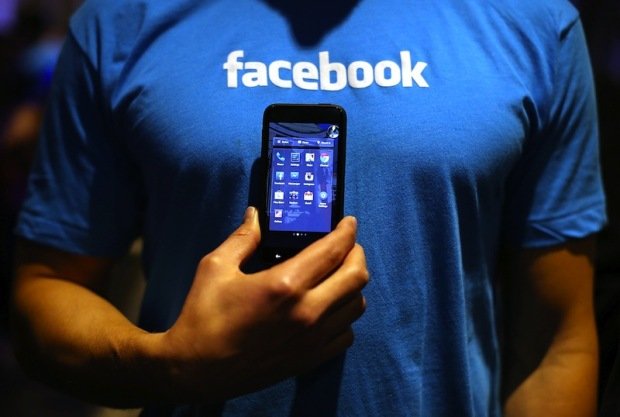Facebook’s plan to bring limited, free internet access to India has hit a hurdle: a regulator in the country wants it blocked. India’s telecom regulator has asked that the service be disabled while investigating whether it poses a threat to net neutrality. In particular, the regulator is concerned about whether phone carriers should be allowed to charge different prices for different content; in this case, free for certain websites — like Facebook — and the cost of data for almost everything else. “Unless that question is answered, it will not be appropriate for us to continue to make that happen,” an unnamed government official told The Times of India, which first reported the news.
“FREE BASICS HAS BEEN CONTROVERSIAL SINCE IT LAUNCHED”
India has asked Reliance Communications — the only cell carrier in the country that currently offers Facebook’s “Free Basics” service — to cease offering it for the time being. “As directed by [the Telecom Regulatory Authority of India], the commercial launch of Free Basics has been kept in abeyance, till they consider all details and convey a specific approval,” a Reliance spokesperson says in a statement provided toThe Verge. The regulatory authority tells Livemint that it’s waiting for Reliance to provide “detailed terms and conditions for Free Basics,” which it will use to determine possible net neutrality violations. Facebook sent a statement to The Verge suggesting that it’s trying to restore service. “We are committed to Free Basics and to working with Reliance and the relevant authorities to help people in India get connected,” a Facebook spokesperson says.
Facebook launched Free Basics last year through its Internet.org brand. The service allows subscribers on supported phone carriers to visit select websites without paying for data. In India, those sites include Facebook, Facebook Messenger, BBC News, Wikipedia, Bing, AccuWeather, and sites dedicated to infant health and malaria prevention — there are 30 listed in total. The sites are, in part, customized to the location each carrier is servicing, so Reliance’s version of Free Basics also includes Indian news sources. Facebook has also partnered with other carriers to offer Free Basics in over a dozen African countries, as well as some countries in the Middle East, Latin America, and Asia Pacific.
Since launch, Free Basics has been controversial. Though it offers critical resources to people who might not otherwise be able to afford internet access, the program also offers a huge competitive advantage to the sites and services it includes. For instance, if Facebook Messenger is free to use, any other messaging app is going to be a hard sell. It’s a clear net neutrality issue, although Facebook has argued to the contrary. Earlier this year, Facebook CEO Mark Zuckerberg said Free Basics was “not in conflict” with net neutrality because it doesn’t block or throttle other websites. Nonetheless, net neutrality advocates would argue that by providing some sites for free, people are significantly discouraged from visiting anywhere else. Zuckerberg essentially says that’s something we should overlook here. “If someone can’t afford to pay for connectivity, it is always better to have some access than none at all,” he wrote. He also added, “It’s too expensive to make the whole internet free.”
Source:https://www.theverge.com/

Working as a cyber security solutions architect, Alisa focuses on application and network security. Before joining us she held a cyber security researcher positions within a variety of cyber security start-ups. She also experience in different industry domains like finance, healthcare and consumer products.











